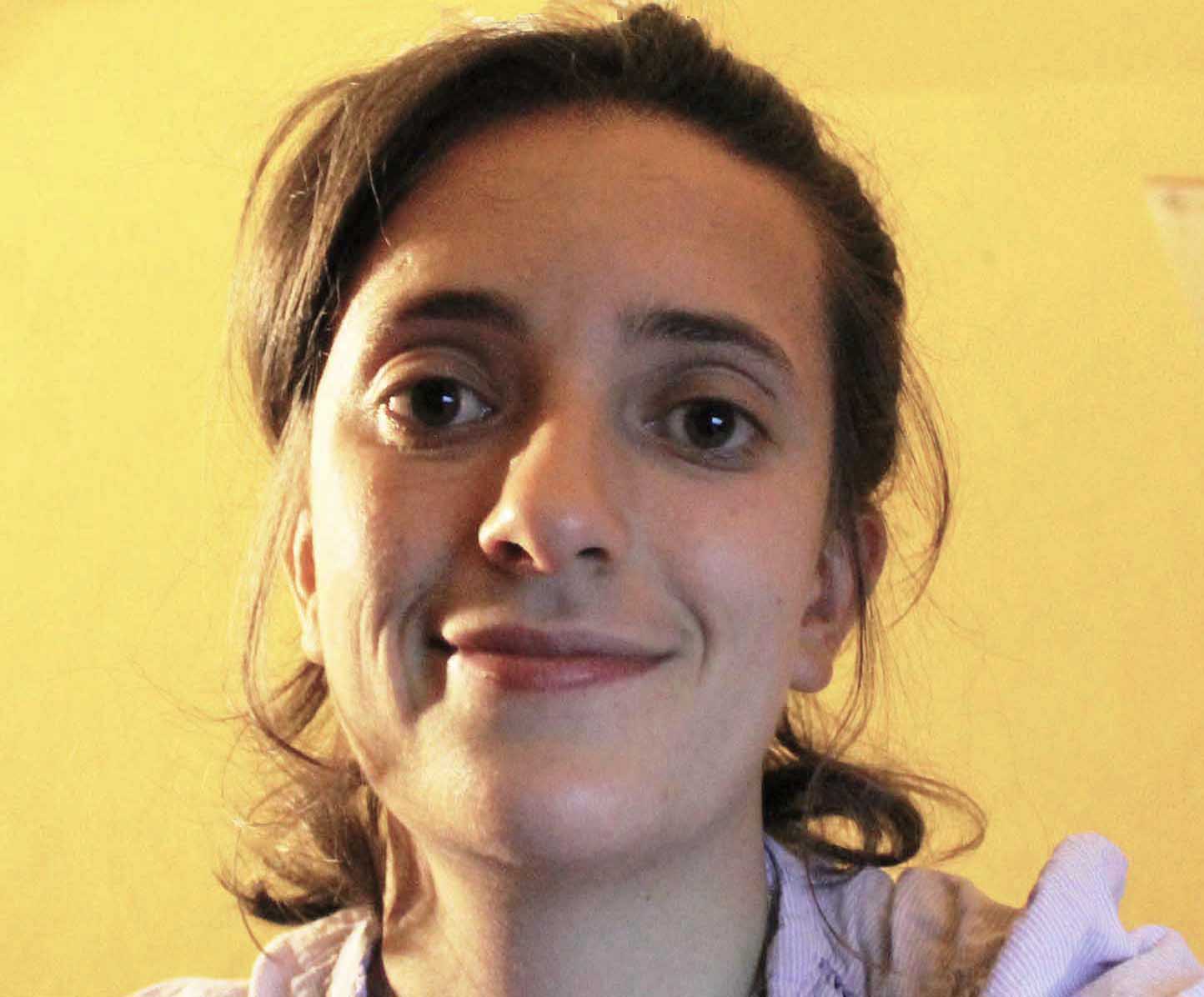Benedetta Caprotti - XXX cycle
 |
Architect (2014). Five-year degree at the University of Florence with a thesis undertaken in the framework of the cultural agreement between the University of Florence and the National Autonomous University of Mexico (Universidad Nacional Autónoma de México). Tutor in the seminar: urban processes and re-qualification of the city in the Global South; cultural agreement with the Universidad del Litoral, Santa Fé, (Argentina 2014). She is currently a teaching assistant in the courses on Regional and Settlement Analysis and Architectural Sciences (A.A.2013/2014 and A.A. 2014/2015). Won, together with the Pomaio group, the AGRITECTURE&LANDSCAPE AWARD 2015. (Section b; works carried out by professionals or entities) with the project The eco-social park in Rusciano (Il parco eco-sociale di Rusciano). Currently: PhD candidate in the Urban and Landscape Planning and Design programme of the Department of Architecture. She carries out research into the challenges faced by cities concerning water related issues, investigating into communal ways for water management in highly anthropized contexts such as mega-ciudades, with a special focus on the Latin American context.
_ Urban challenges concerning waters in the Latin American context: discovering water communities (Urban challenges, water, Latin America, mega-ciudad, communal systems, management) _ Stemming from the geo-political situation, with the increasing economic disparities and climate change, the socio-environmental questions regarding access to resources have oriented the scientific debate towards the search for new types of governance. The international debate re-evaluates and puts into discussion the relationship between resources, land and settlements. In view of this water presents a challenge for both national and international policies. In the specific case of the American continent, water presents primarily an urban challenge since, according to statistics provided by the Unite Nations (2015), more than 80% of the population lives in cities. Water relocation and deterritorialization undertaken for satisfying primary needs does not have spatial socio-economic and environmental retroactions. The research examines the questions related to water in humid regions, in highly anthropized urban contexts, and focuses on the Latin American case where settlements are generally concentrated and policentric (mega-ciudades). The research inquires whether within the mega-ciudades there are certain communal practices and uses regarding water, such as communities or networks of cooperation between Pueblos and Municipios, who use water locally (in loco)? And if they do exist, how do they integrate or come into conflict with the established water supply and sewage?
|
Last update
18.05.2021
